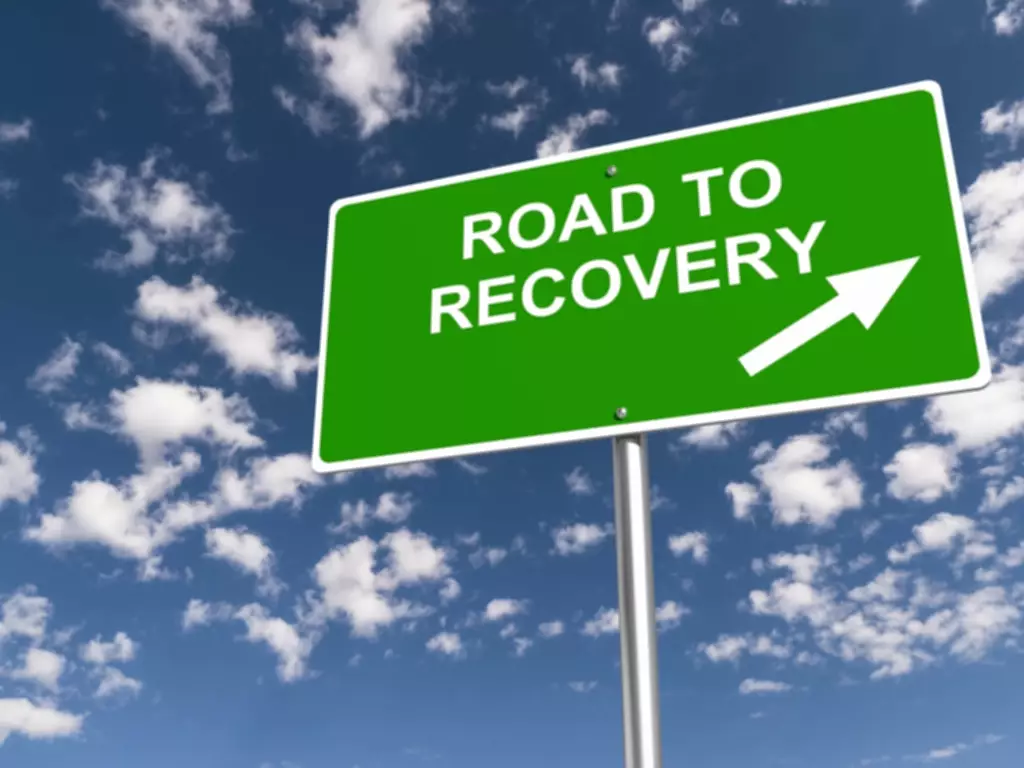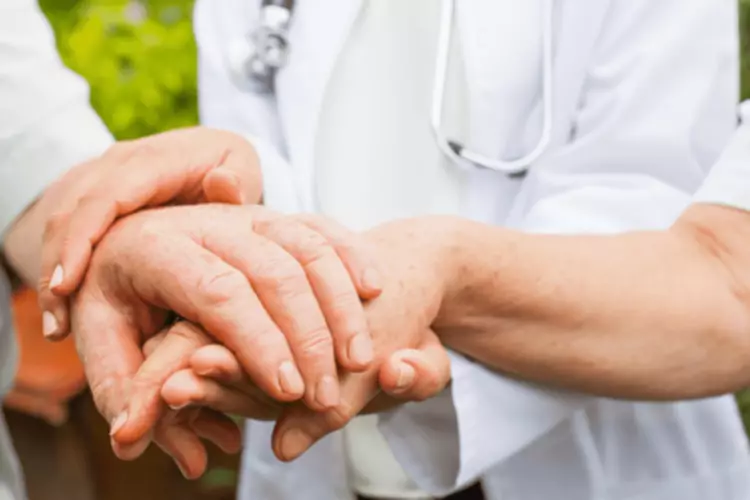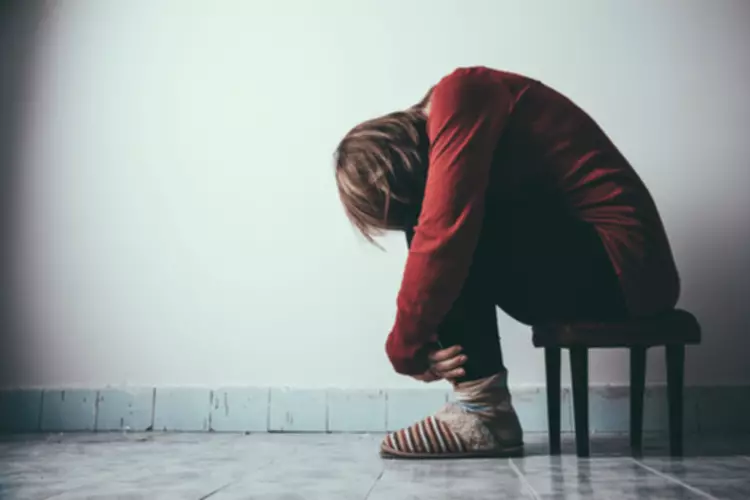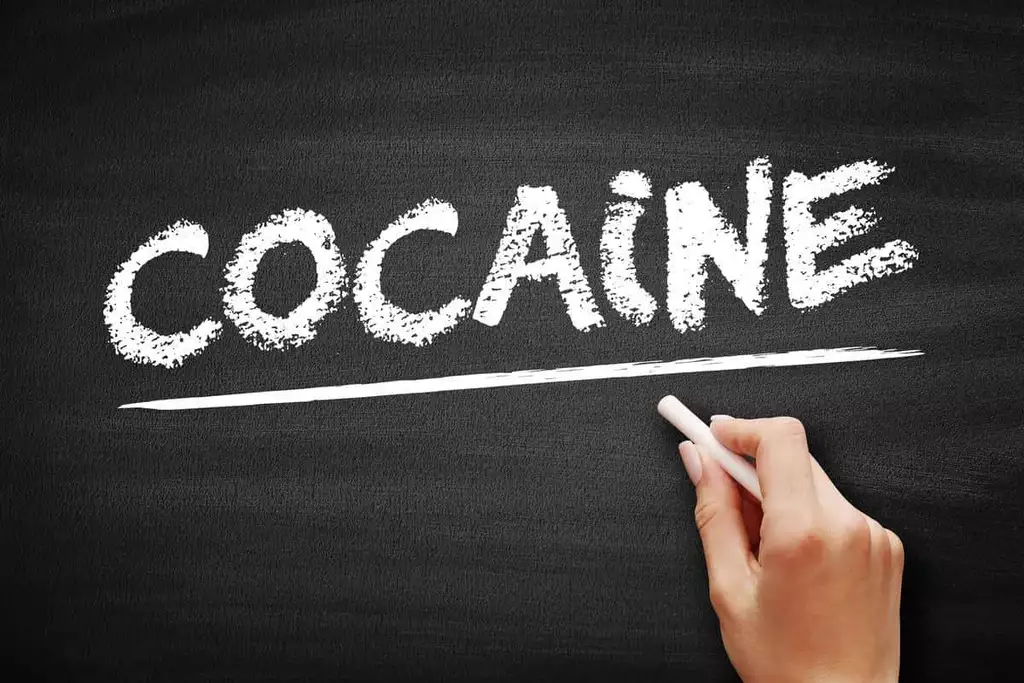
According to a 2022 review, giving up alcohol can help reduce anxiety and depression, enhance mood, and improve cognitive function. After seven days of not drinking alcohol, most withdrawal symptoms should be gone for moderate drinkers. For those who do not drink heavily, this period often brings noticeable improvements. If you’re a heavy drinker or someone with a history of alcohol dependence, always consult with a medical professional before quitting. Your body’s systems bounce back over time, but after about 30 days, you’ll start seeing a difference.

The Impact of March Madness on Addiction

“Alcohol dependency, when not treated appropriately, can result in fatal consequences, so it’s better to have medical support in the process,” Komal Deepak, RDN, cautions. This is the perfect last moisturizing step for day or night, a blend of growth factor peptides and exosomes that heal and hydrate. In fact, in company-run clinical tests, participants experience an average of a 20% improvement what happens when you stop drinking in fine lines and wrinkles after 8 weeks of testing. If you find it difficult to reduce or stop drinking, Cooper can help.
Sleep Quality Post-Detox
- Given how many variables there are, it is hard to define an “average” drinker.
- Often the experiences and emotions that were being ignored during alcohol use rise to the surface after you stop drinking.
- If you’re considering a break from alcohol, it might also be helpful to think about why you drink.
- In the long run, it can contribute to feelings of depression and anxiety because drinking affects the neurotransmitters in our brains that are needed for good mental well-being.
Any more than that, especially on a regular basis, and you run the risk of damaging your liver. To help improve skin quality and speed up collagen and elastin repair, Dr. Reszko advises using a retinoid nightly. Not only does it help stimulate collagen production, it also boost cells turnover, improving tone and texture more immediately. Alternately, peptides and growth factors are other good actives to seek out, both offering similar reparative and regenerative effects, she says.
- But if you quit, your brain seems to be able to regain some of these abilities.
- The more you drink, the higher the risk of liver cirrhosis, which is scarring of the liver caused by long-term liver damage.
- Alcohol withdrawal (alcohol withdrawal syndrome) is a range of symptoms that can happen if you stop or significantly reduce alcohol intake after long-term use.
- It’s important to know the difference between mild alcohol withdrawal and severe alcohol withdrawal.
- There is no one-size-fits-all timeline to quitting alcohol, unfortunately.
- If you experience any severe symptoms, seek medical attention immediately.
Relapse Prevention: How to Stay Sober After Treatment
Delirium tremens has a fatality rate of 37% if untreated and is considered a medical emergency. Alcohol withdrawal symptoms generally begin within 12–24 hours after your last Sober living home drink. They will initially be milder, with a headache, tremors and mild anxiety being the first symptoms.

Top Ways to CURE Your Addiction and Alcoholism

Again, if you or a loved one is experiencing severe alcohol withdrawal symptoms, dial 911. For men, this can look like lowered libido and erectile dysfunction, as well as decreased muscle mass. For women, it can increase the risk of breast cancer, impair bone health, and lead to mood changes.
